Algyő
Algyő is a settlement in Csongrád-Csanád county, only 10km from Szeged, on the right bank of the Tisza. The national highway No. 47, which passes very close to Algyő, provides […]

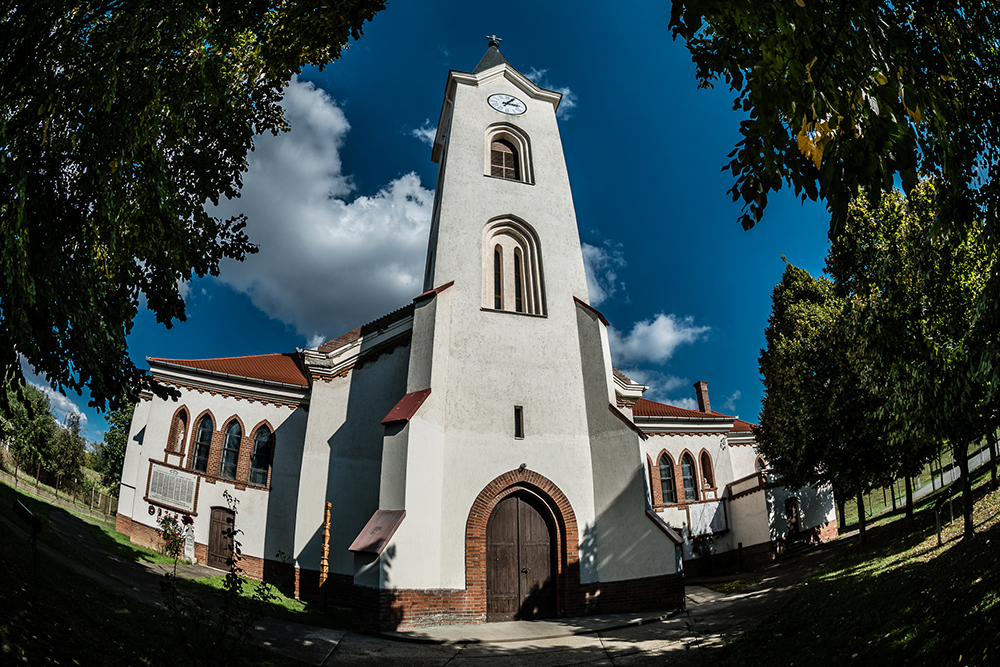
Algyő is a settlement in Csongrád-Csanád county, only 10km from Szeged, on the right bank of the Tisza. The national highway No. 47, which passes very close to Algyő, provides […]
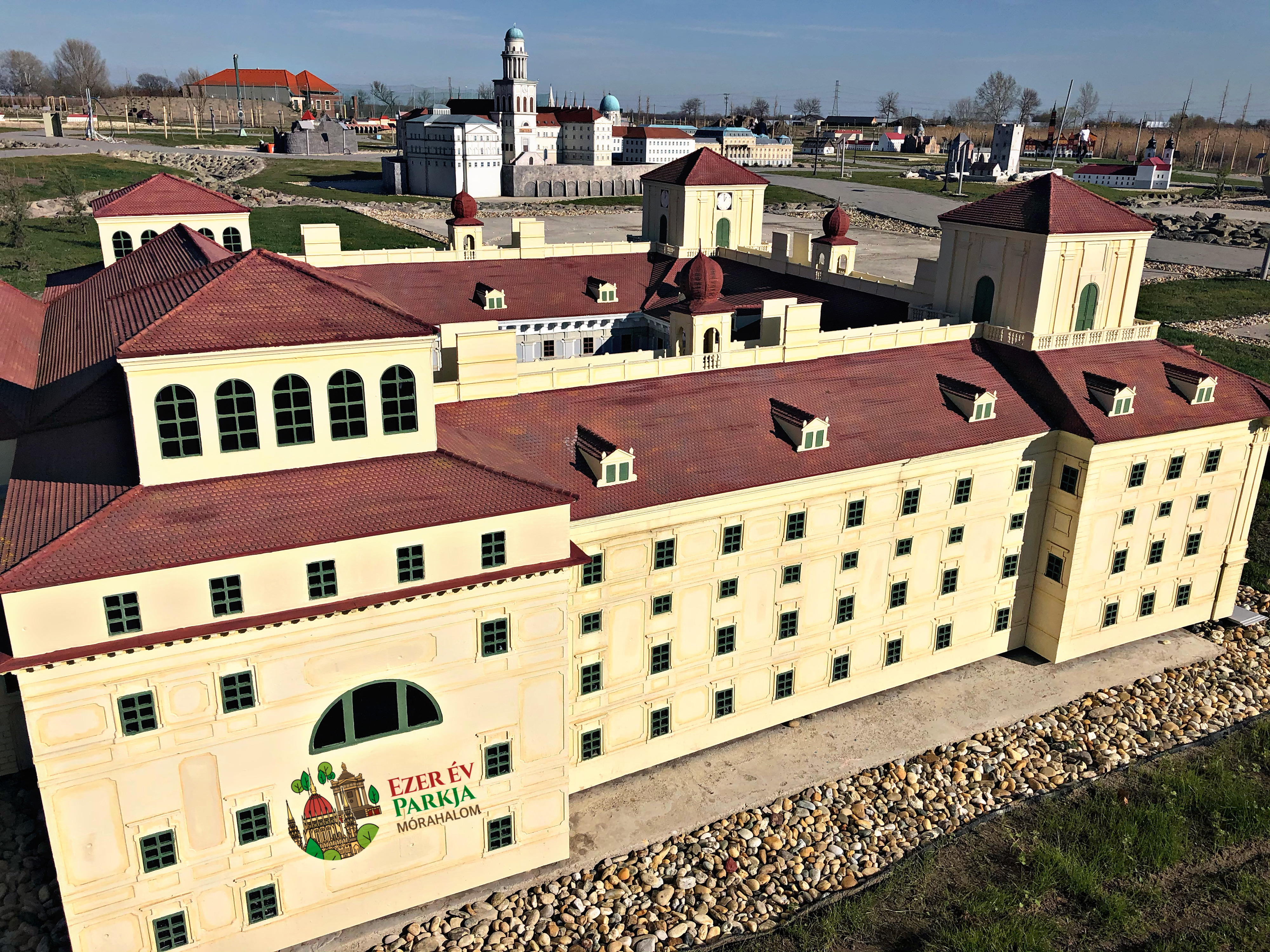
As for Mórahalom… A guest in the house is a pleasure in the house – so the saying goes. We, the people of Mórahalom, are hospitable people. We have something […]
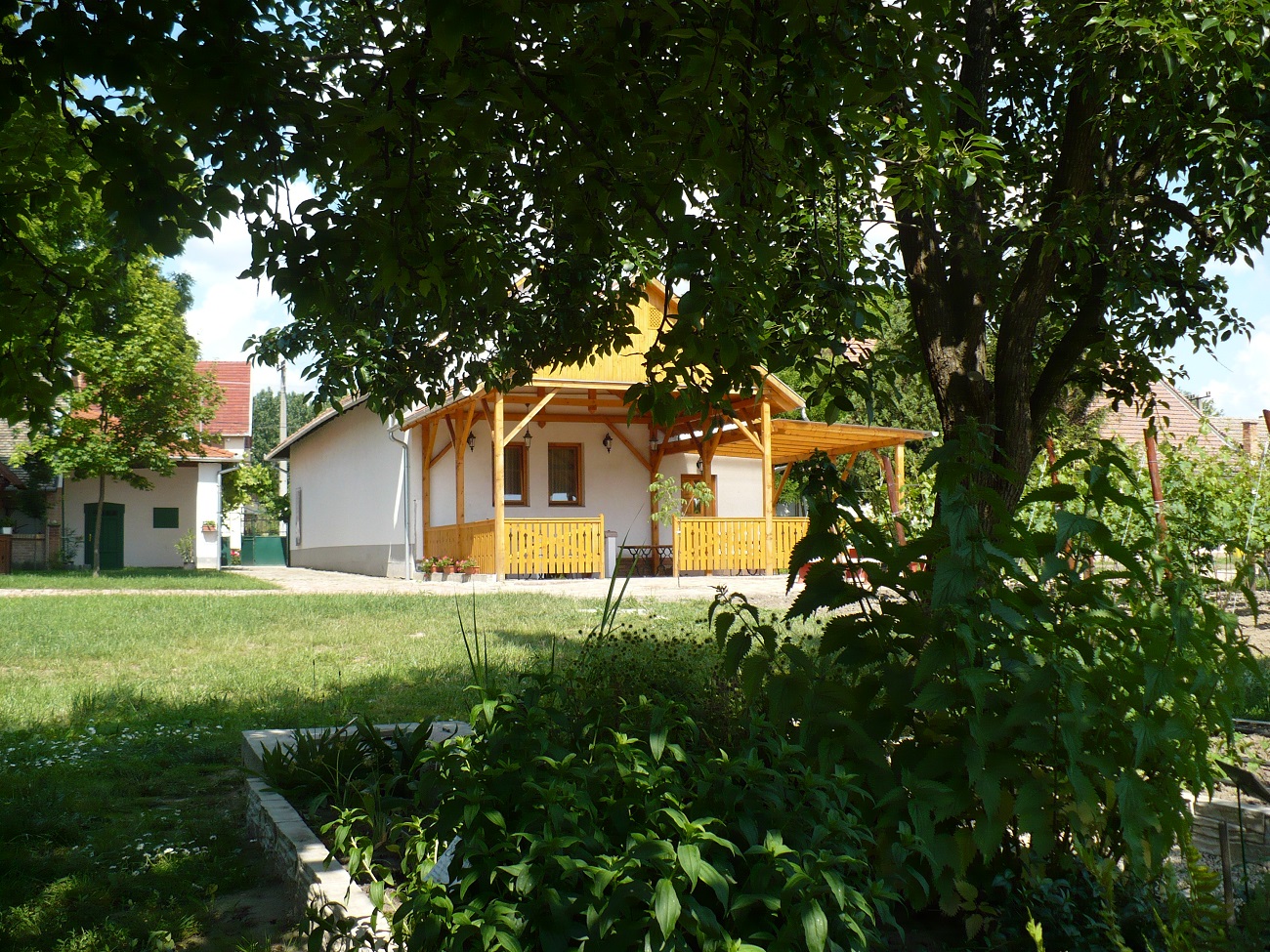
In Algyő, at 42 Kastélykert Street, the EZERJÓFŰ Herb and Medicinal Herb Garden awaits its visitors, a gradually expanding collection of plants that thematically groups medicinal plants according to their […]
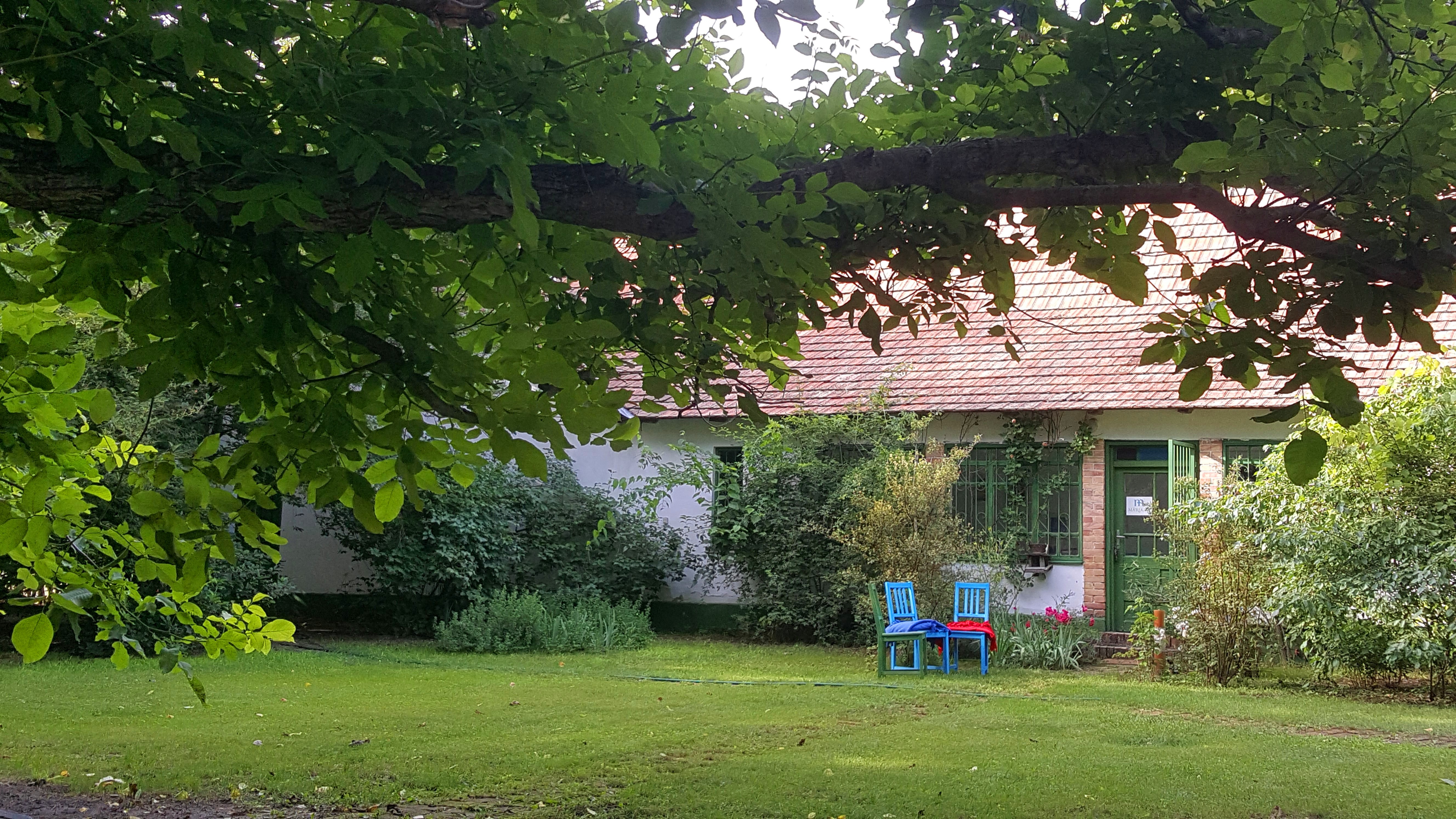
Welcome! A warm welcome to our over a hundred year old farmhouse in the sandbucka countryside of the Southern Great Plain. We are surrounded by the landscape we call home. […]
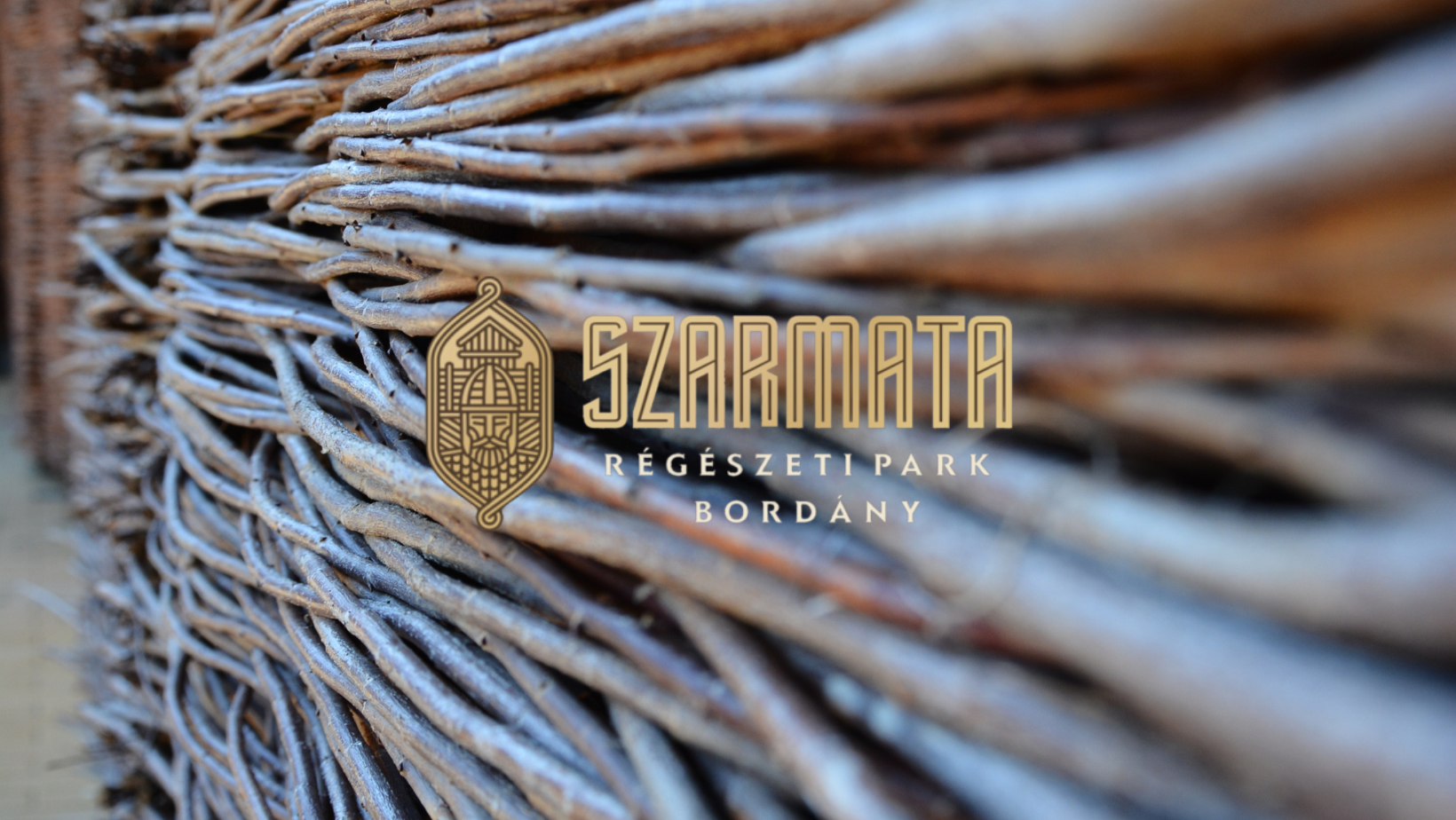
The park is surrounded by a palisade wall with wickerwork and a three-storey wooden tower at the entrance, from which you can see the whole area of the institution. […]
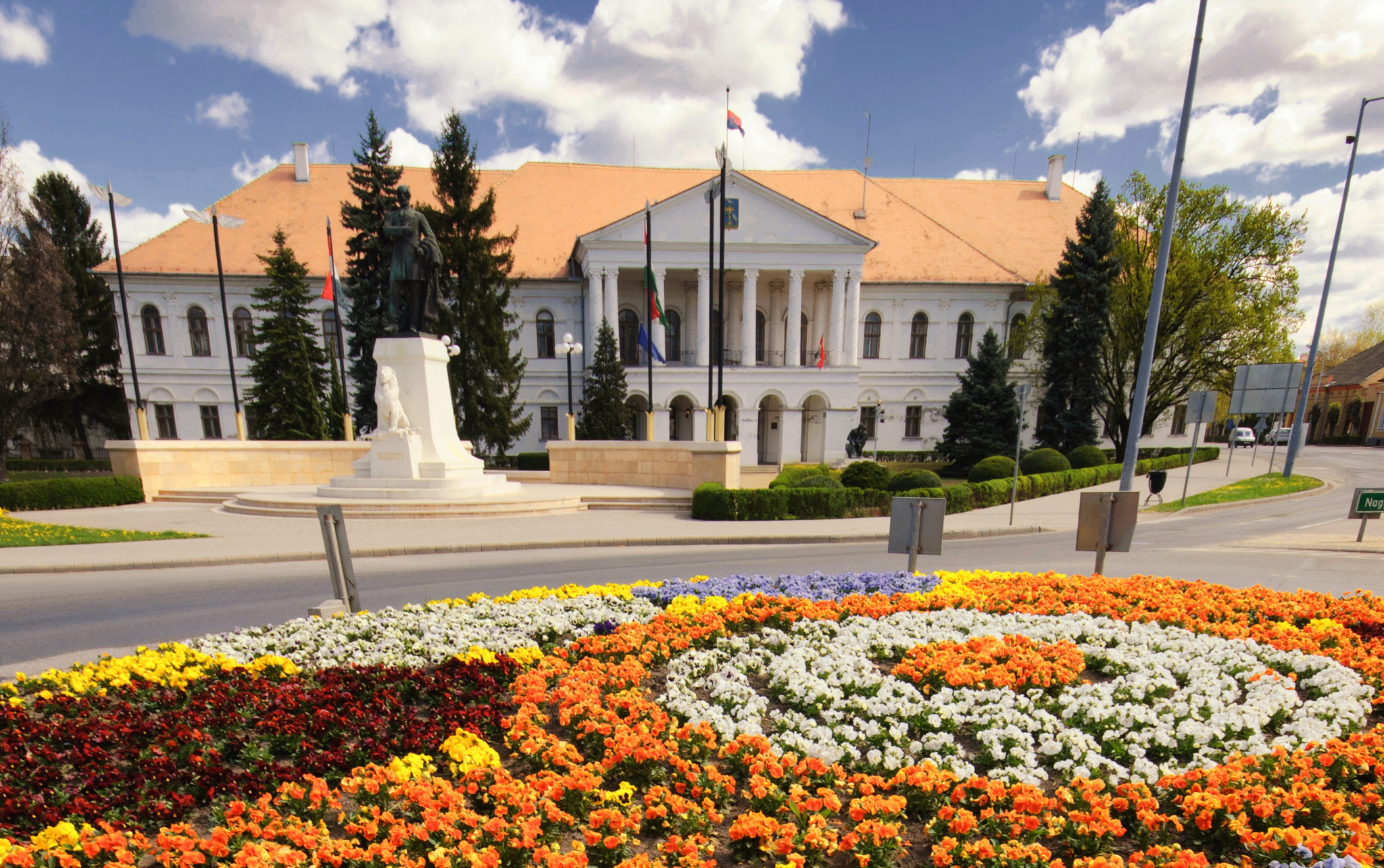
The first development of the town took place in the second half of the 13th century when a member of the Csanad family was the landlord of the territory where Makó lies today.
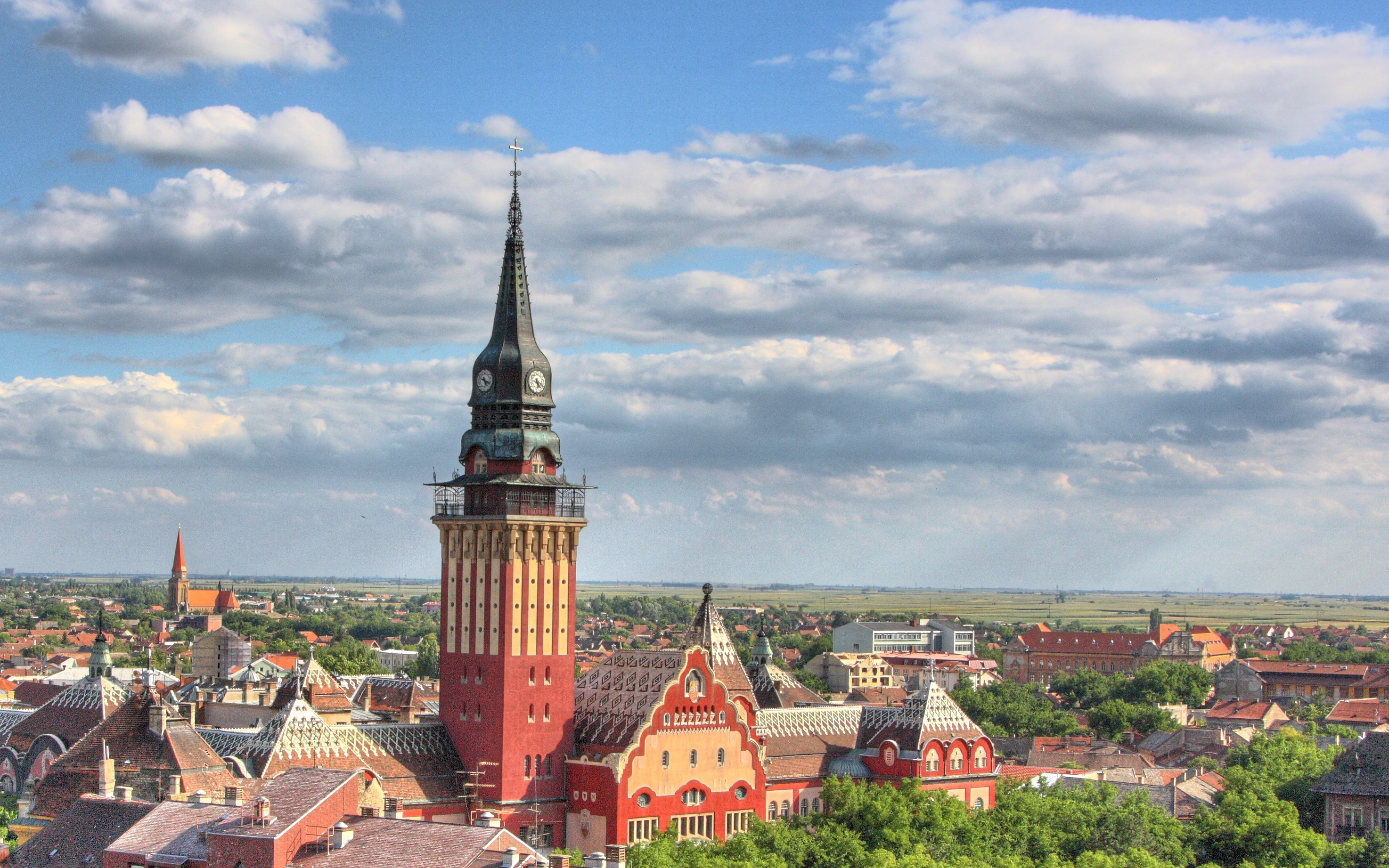
Szabadka is the second most densely populated town in Vajdaság having a population of 150,000 people together with the settlements around it.
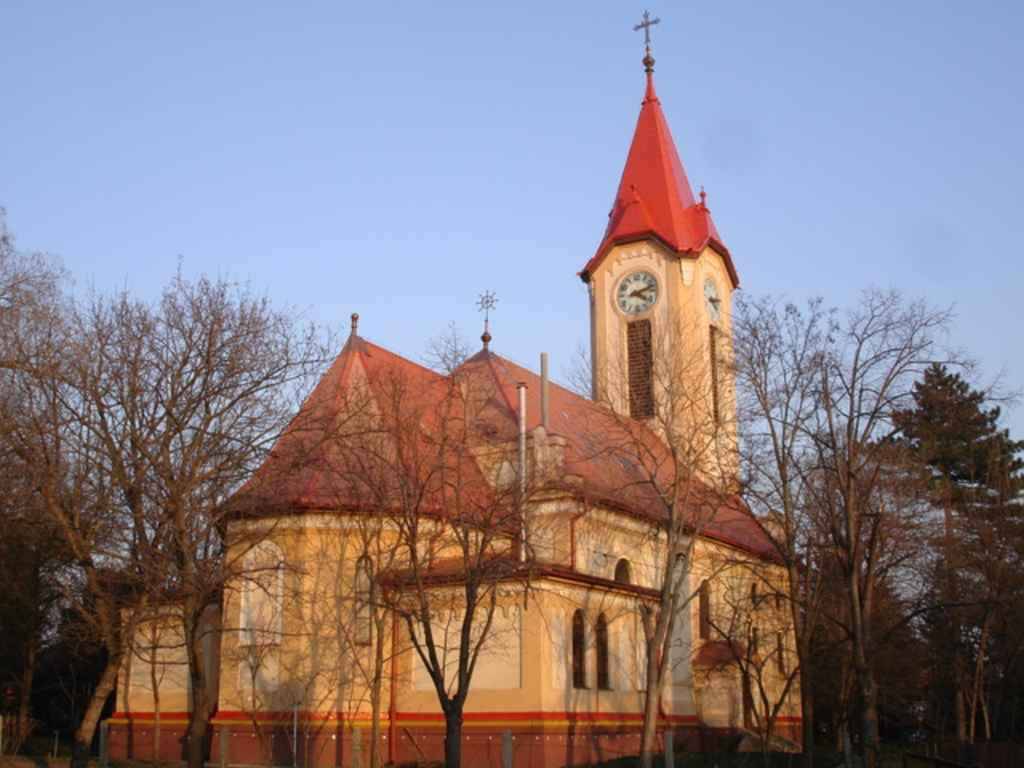
Röszke is located 15 kms southwest of Szeged, between the backwater of Tisza at Algyő and the Serbian border.
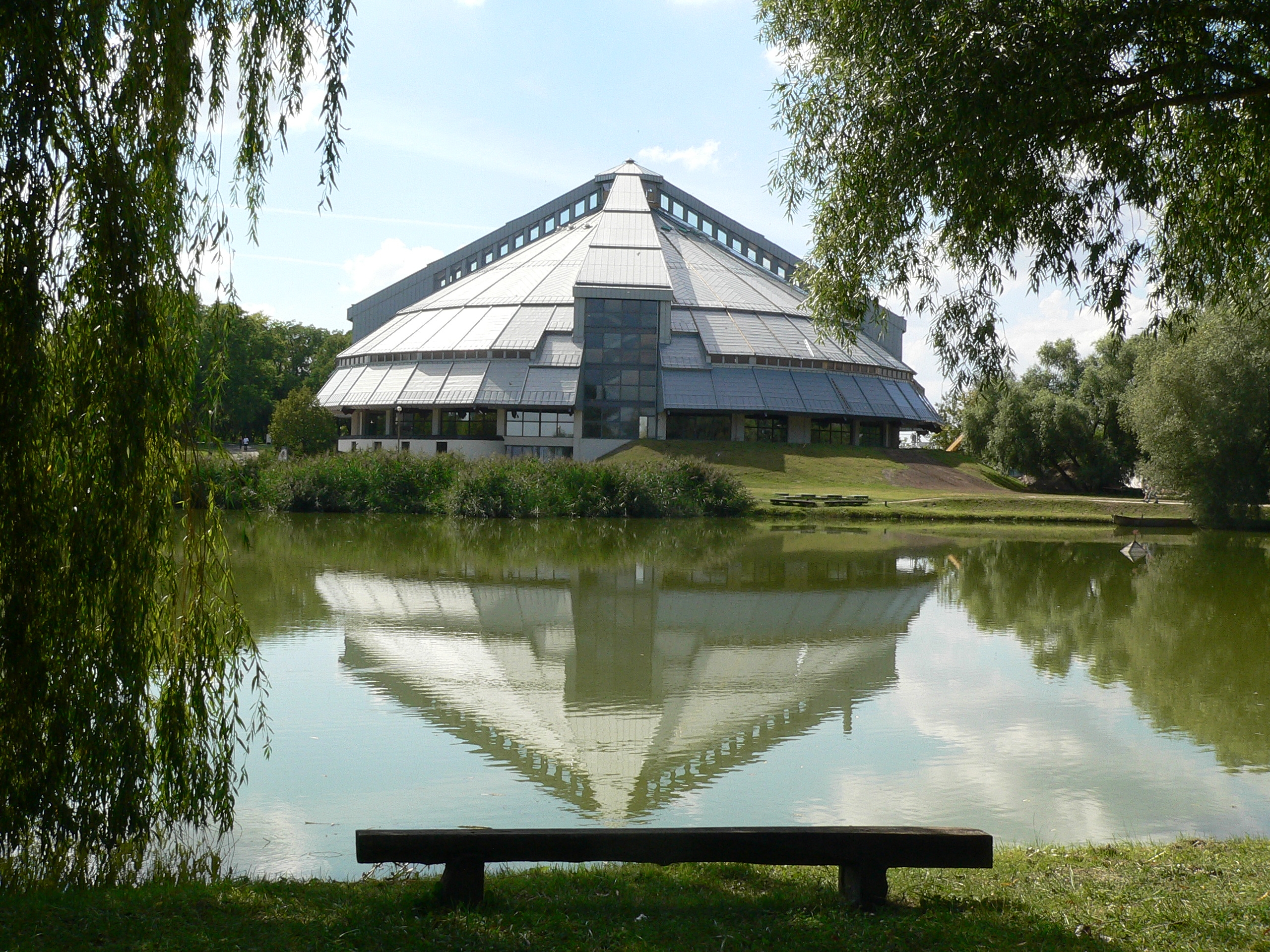
According to Hungarian historic tradition Ópusztaszer was the venue for the first parliament and lawmaking session.

The town, located 12 km northwest to Szeged, was founded on the area donated to the victims of the Great Flood of 1879 from Algyő by marquis Sándor Pallavicini.

Covering an area of 14 m2 it is the largest alkali lake in Hungary. In the first third of the 20th century it was turned into a system of fish ponds.
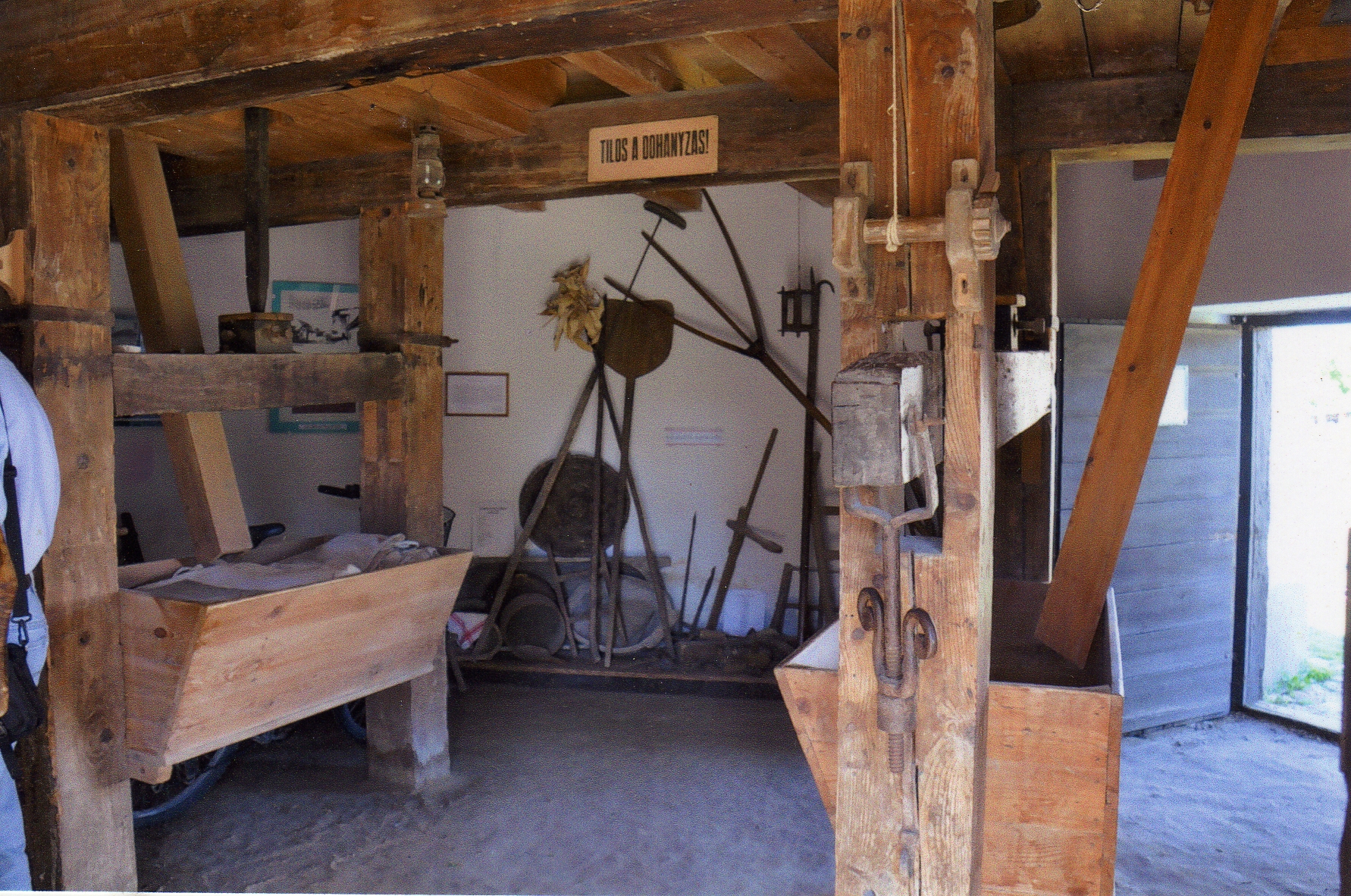
The settlement, developed from fishermen’s cottages, was first recorded in 1237 under the name Durusma.
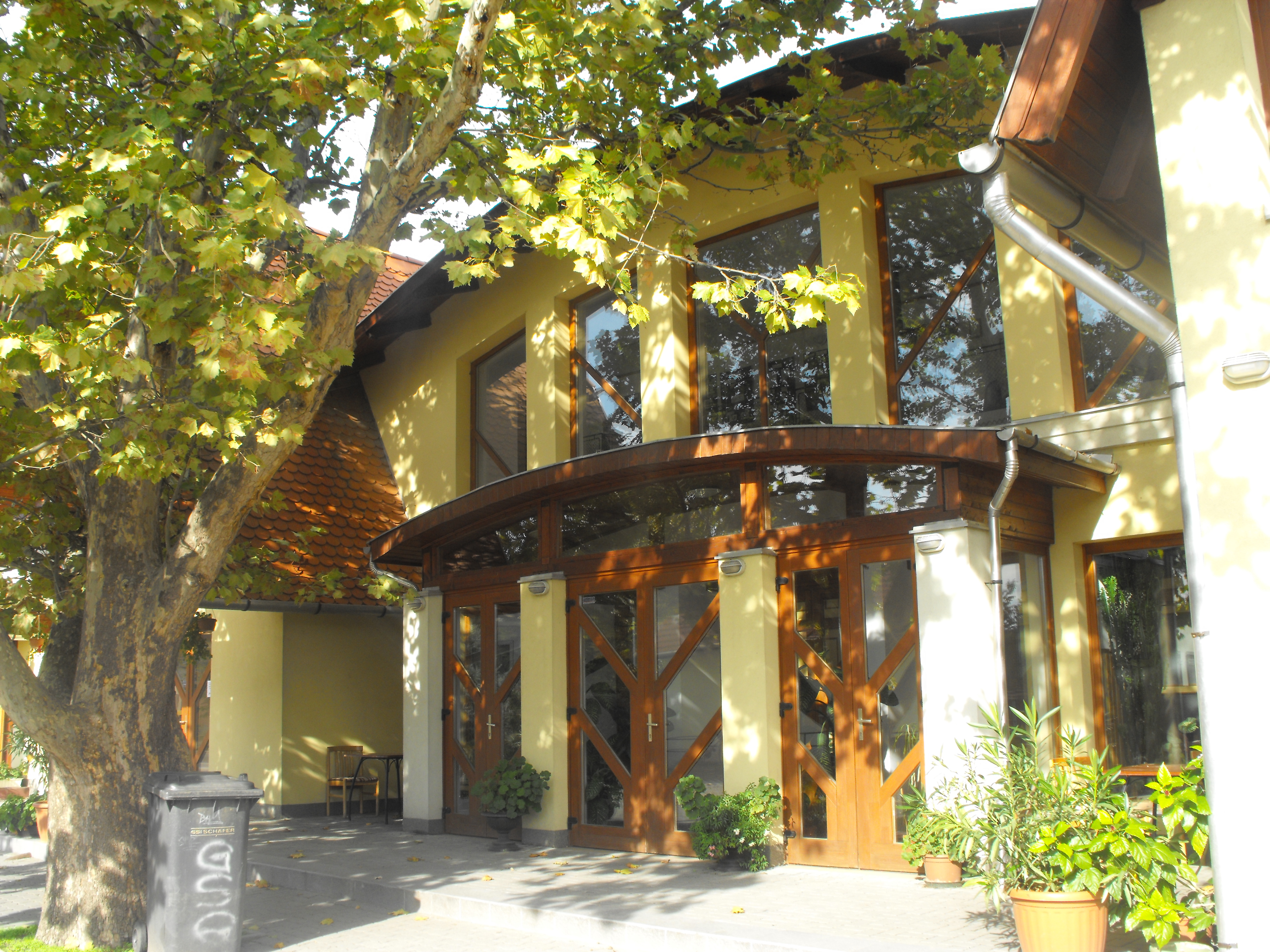
The settlement dating back to the Árpád Age was first recorded with the name Tapai in a document from 1138. It was a ferry crossing the Tisza that made Tápé known in the history of Hungary.